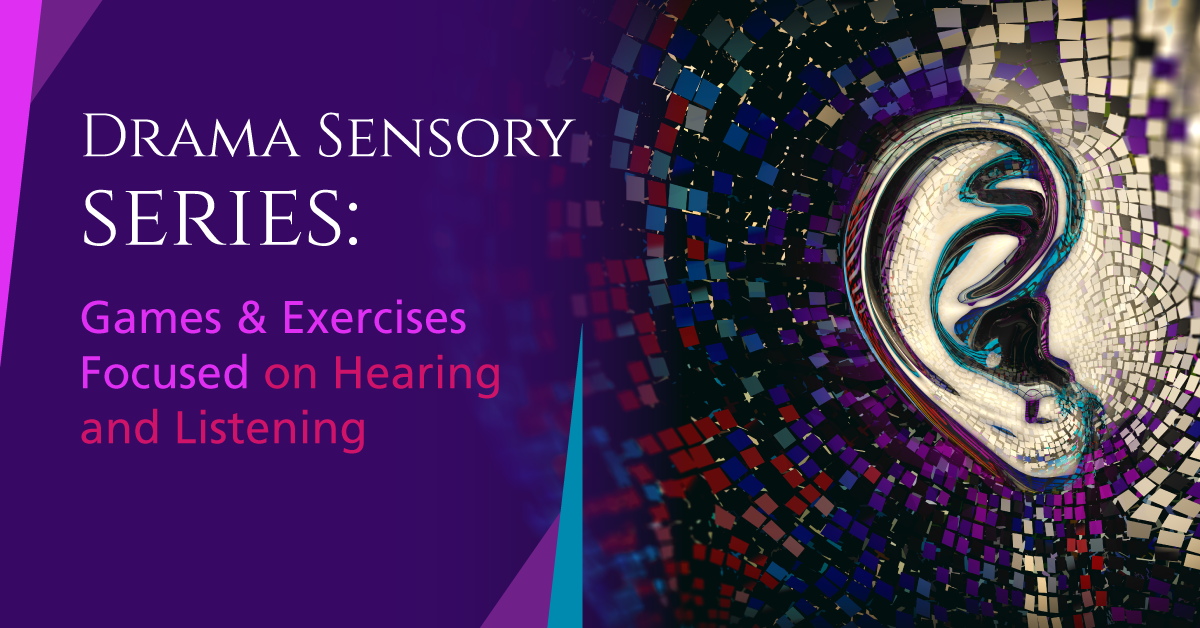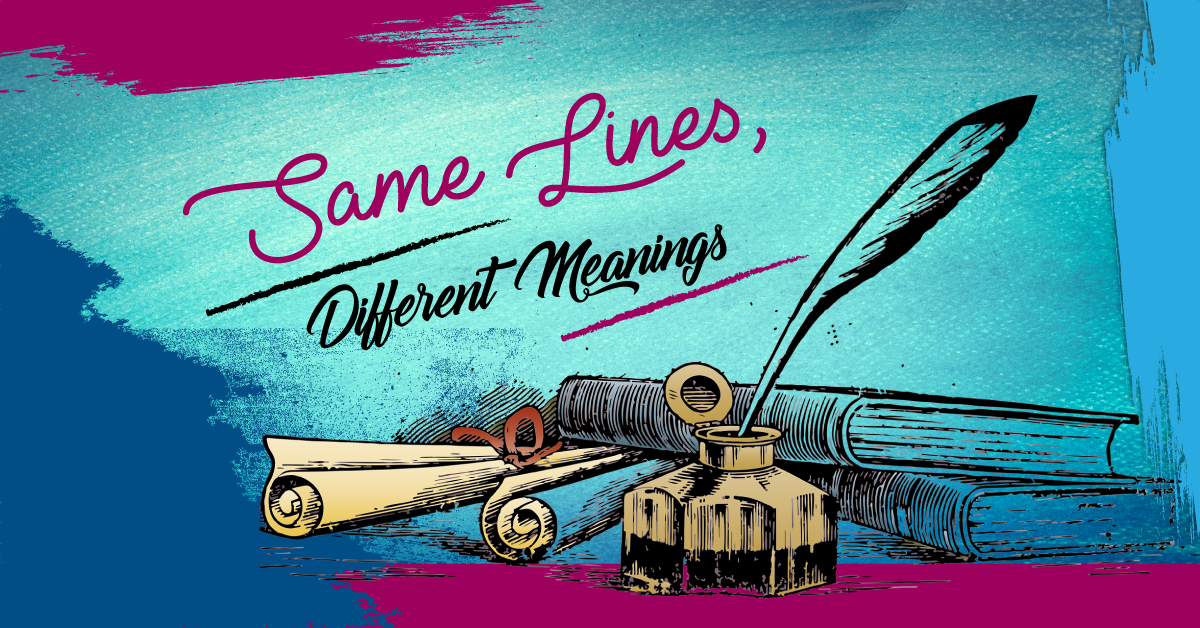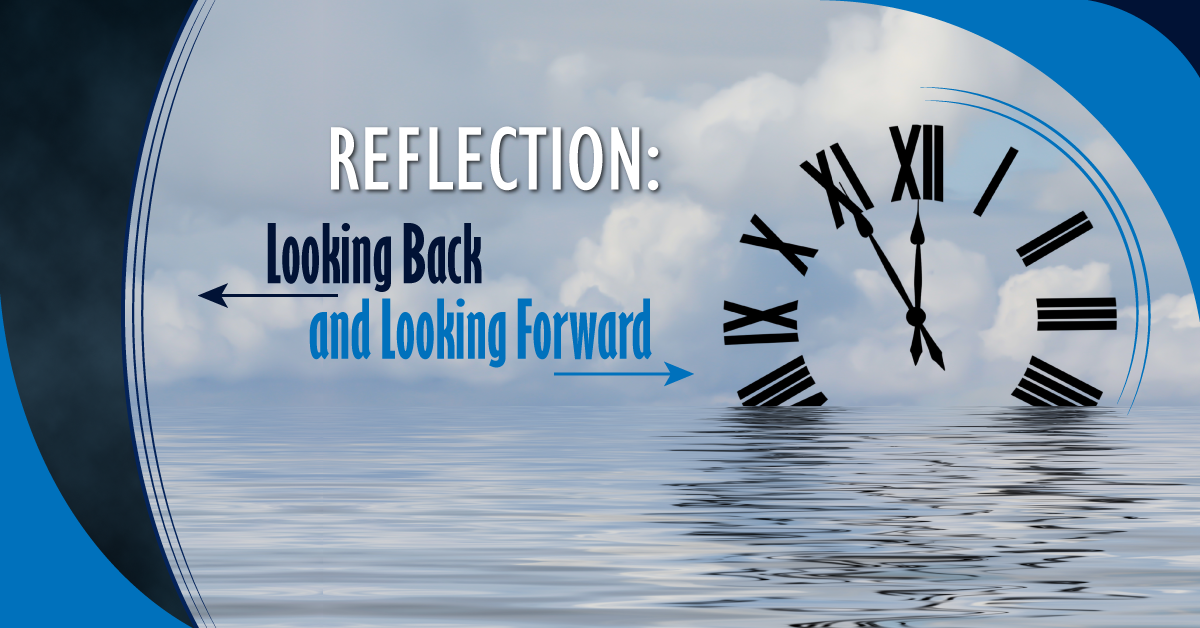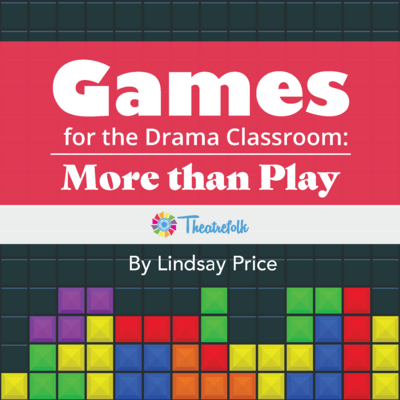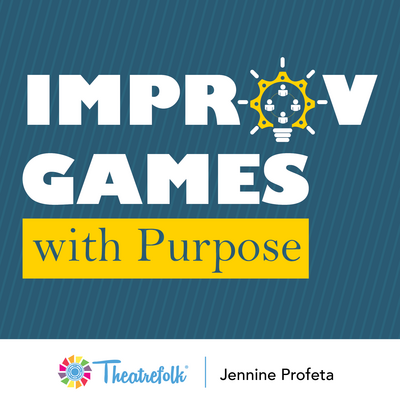Drama Sensory Series: Games & Exercises Focused on Hearing and Listening
This month, we’re going to be using the five senses (sight, hearing, taste, smell, and touch) as the basis for exercises and theatre games. This week, we’re looking at auditory-based exercises: actively listening, hearing each other, expressing ourselves and telling stories through music, sound effects, and silence. Here are some exercises to try with your students that use hearing and listening as their focus.
1. Active Listening
Start out by working on active listening activities with your students. Developing students’ active listening skills will benefit them not only in drama class, but in their everyday lives! 3-5-7 is a fun warm-up exercise for working on active listening. Hearing or Listening encourages students to consider how they feel when they’re not being heard or listened to. If you’re teaching online, here are some tips for encouraging active listening in the digital classroom as well.
2. Volume & Enunciation Activities
Actors need to be able to be heard onstage. If your students have voices that are perfectly audible when they’re backstage but seem to vanish onstage, try any or all of the following exercises to help them improve their enunciation and volume (without shouting).
- 6 Tips to Improve Enunciation
- A Vocal Warm-Up for the Articulators
- Whisper and Shout
- Can You Hear Me Now?
- Projecting Your Voice Without Yelling
3. Auditory Observations
Once students have worked on their vocal skills, have them “observe” each other performing scenes or improv work, with the following catch: the observing students must close their eyes, be blindfolded, or turn their backs to the performing students, and give feedback specifically focused on what they heard. For example, they can comment on aspects such as vocal volume and expression, clarity and enunciation, use of accents, use of music and/or sound effects, and sound balance (e.g., is the background music drowning out the performers?).
If students need help giving feedback, try these resources: Effective Peer Feedback, Giving and Receiving Feedback, and Giving Feedback with Kindness.
4. The Rain Game challenges students to create a soundscape using only their bodies. What other auditory stories could your students tell, using just their bodies, their voices to create sounds, found objects from the drama classroom, or background music? Try having your students create a soundscape of the jungle, under the sea, a daycare centre, or a crowded subway using only materials they have available in the drama classroom or in their school bags.
5. Show Playlist
One of my favourite parts of directing a production is creating a playlist of music to play during pre-show, intermission, and post-show. Assign each of your students a play to study and have them create a playlist of at least 10 songs that demonstrate and complement their vision of the show. Students will include a write-up of why they selected each song.
Note: If the show has an existing soundtrack, none of those songs can be included in the playlist! For example, if the student is creating a playlist for Romeo and Juliet, they can’t include the song “#1 Crush” by Garbage, because it was on the soundtrack for the 1996 film Romeo + Juliet by Baz Luhrmann.
6. The Sounds of Silence
What does silence sound like? Unless you are in a vacuum, there is no such thing as true silence. Have students sit quietly in the drama classroom or in the hallway for three to four minutes. (If time allows, you might wish to share videos of various performances of John Cage’s “4’33” for fun.) Students may not speak and must sit as still as possible during that time. Have them listen intently to the sounds that occur in the silence: the buzzing of the overhead lights, the murmurs of a teacher giving a lecture in a nearby classroom, footsteps in the hallway, a sneeze or sniffle, an uncomfortable giggle, an impatient exhale…
After the time is up, have students journal about what they heard and any observations or feelings that arose while listening. How can they apply this experience to their work in the drama classroom? Could these observations or this experience prompt a monologue or scene?
7. Radio Plays
Radio plays are the ultimate auditory theatrical experience. There are no visual aspects (they’re meant to be played on the radio, hence the name), so performers must rely on their vocal performances as well as sound effects and music to convey the story to the audience.
Check out Dead Men Don’t Do Radio Plays by Allison Williams and Arctic Adventure Theatre: The Case of the Crazed Crashers by Matt Webster, both from the Theatrefolk play catalogue, to get you started.
Related Articles
Games for the Drama Classroom: More Than Play
by Lindsay Price
A collection of games and activities that go well beyond the notion of "play."
Improv Games with Purpose
by Jennine Profeta
Improv games including feedback suggestions and questions, game variations, teaching tips, side coaching tips, entry prompts, exit slip questions, and more!
